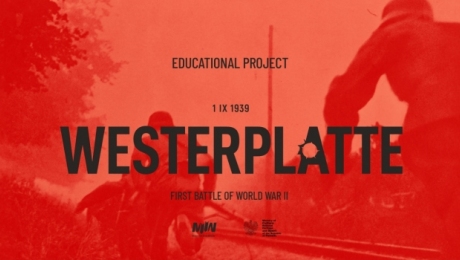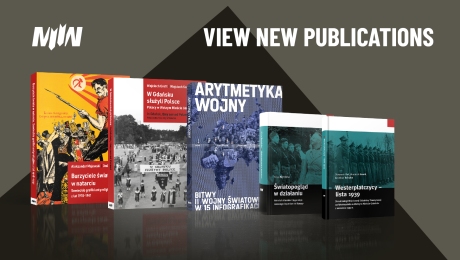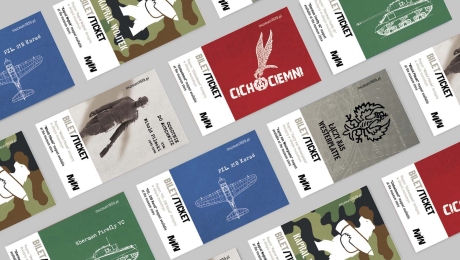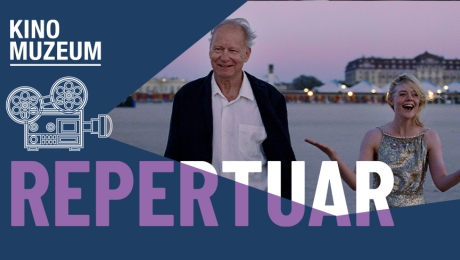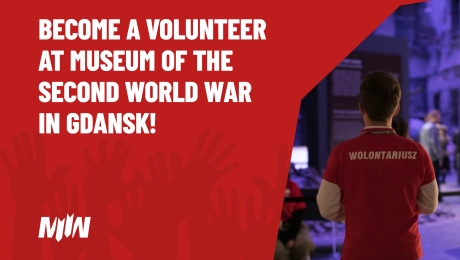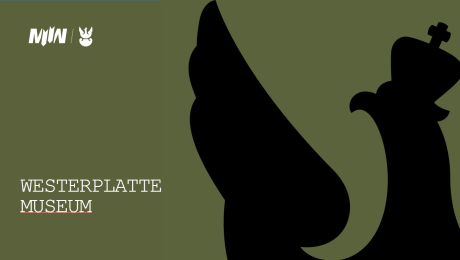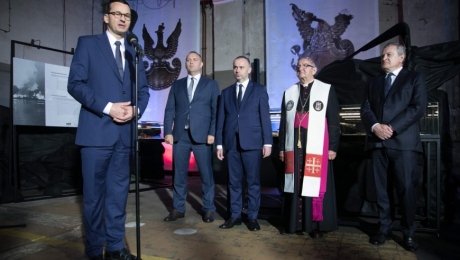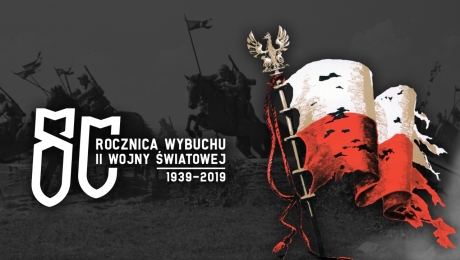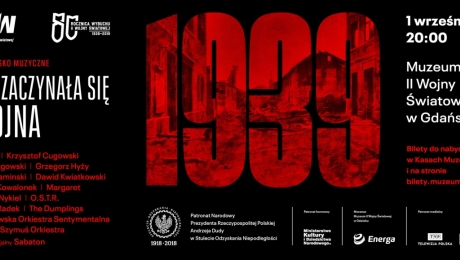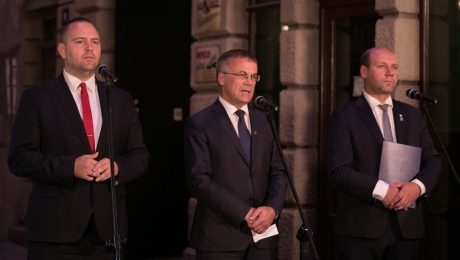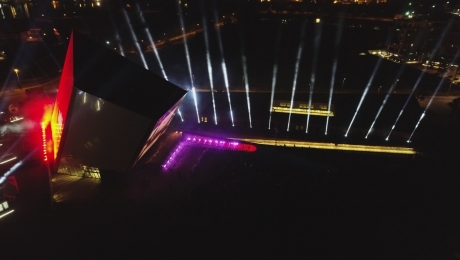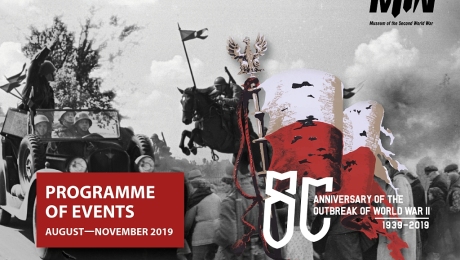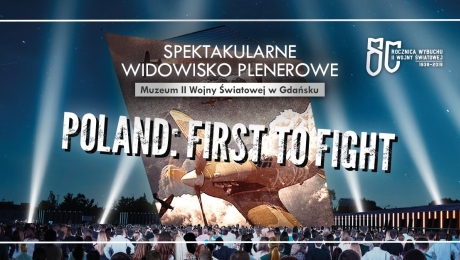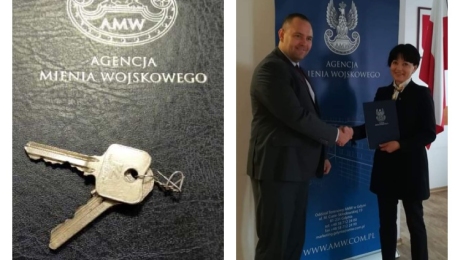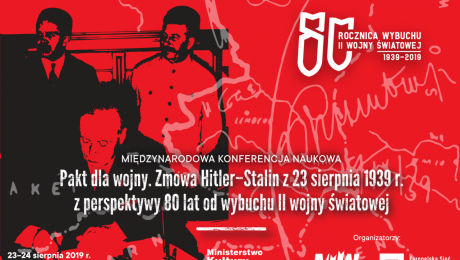Aktualności
Wyświetla 9 wpisów z 244 na 28 stronach
On 1 September 2019, immediately after concluding the celebration at the monument to the Defenders of the Coast in Gdańsk, an official foundation stone laying ceremony for the Museum of Westerplatte and the War of 1939 and opening of a special exhibition was held at the Westerplatte Power Plant building.
We invite you to the vernissage of a temporary exhibition “Fighting and Suffering. Polish citizens during the Second World War”
The exhibition is designed as an interdisciplinary project based on a variety of forms, media and scenographic solutions. They are woven into a cohesive story about the Polish experience of World War II, which provides vivid insights into the horror and tragedy of those times.
Press conference was held in the Museum of the Second World War in Gdańsk on the 23 August 2019, attended by Jarosław Sellin - the Secretary of State at the Ministry of Culture and National Heritage, Szymon Szynkowski vel. Sęk - Secretary of State for Polish Community Abroad, European Policy and Public Diplomacy at the Ministry of Foreign Affairs as well as Karol Nawrocki, PhD – Director of the Museum of the Second World War in Gdańsk.
23 sierpnia 2019 r. rozpoczęliśmy obchody 80. rocznicy wybuchu II wojny światowej. Data ta jest symboliczna. Właśnie tego dnia w 1939 r. Joachim von Ribbentrop i Wiaczesław Mołotow podpisali pakt, do którego dołączony został tajny protokół, dzielący wpływy III Rzeszy i Związku Sowieckiego w Europie Środkowo-Wschodniej.
23-25 August 2019 | 3 shows daily | FREE TICKETS AVAILABLE: https://bilety.muzeum1939.pl/ A modern and attractive multimedia show using innovative technologies, such as 3D mapping, diode mapping and large-surface mapping combined with a specially prepared soundtrack and a large-format animation entitled “Poland: First to Fight”.






